Substance Use Disorder & Harm Reduction: Moving from Principles to Practice
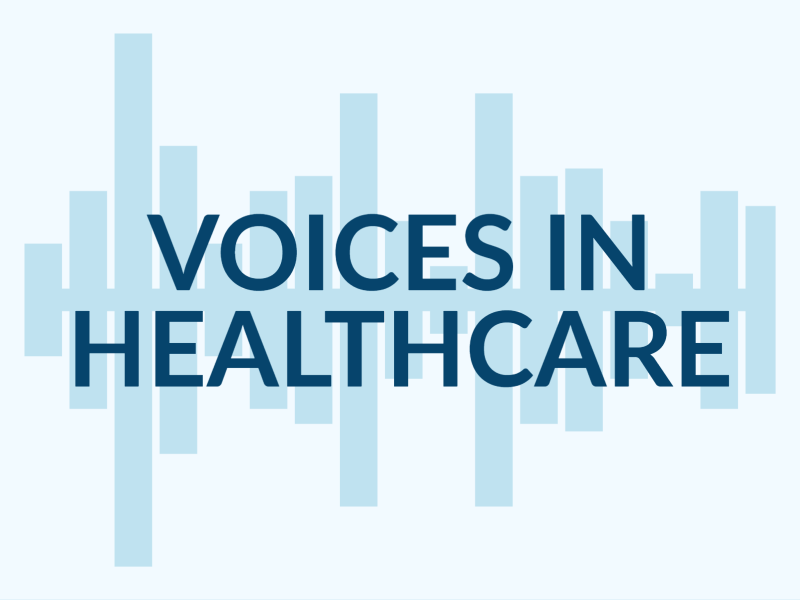
“No one should be defined by their darkest moments.”
On September 10, MHA hosted its second annual Substance Use Disorder & Harm Reduction Conference. This year’s programming centered on “moving from principles to practice” and how conference attendees can continue to make actionable change in areas like emergency response, legislative engagement, and beyond.
Over the past several years, MHA and its members have been highly involved in the movement toward harm reduction as a proven strategy for reducing substance use disorder (SUD) overdoses and deaths. We have advocated for policies that prioritize health and safety over criminalization; focused on building environments that embrace understanding and support; and worked together to dismantle stigma and create sustainable solutions that truly serve all individuals. We believe it is our collective responsibility to ensure that SUD care is informed by compassion, collaboration, and a commitment to improving lives.
It is especially fitting that this conference was held during National Recovery Month, a time to reflect on the impact of substance use in our commonwealth and beyond. Together with thought leaders and experts from MHA’s membership, we explored successes, burgeoning solutions, and ways to move forward in the treatment and harm reduction spaces.
Below are a couple of key takeaways from the day:
Harm reduction saves lives.
Throughout the conference, an emphasis was placed on the importance of interventions like Overdose Prevention Centers (OPCs), safe spaces for detox, and updated policies that shorten the pipeline of treatment to patients.
A keynote presentation on the Drug Policy Alliance’s campaign, “Decriminalize Drugs, Invest in Health,” focused on how decriminalization advances harm reduction principles and health equity for communities most affected by drug use, criminalization, and barriers to care. Because above all else, as Toni Smith of the Drug Policy Alliance noted, “people who use drugs are community members who are deserving of health, safety, community, and love.”
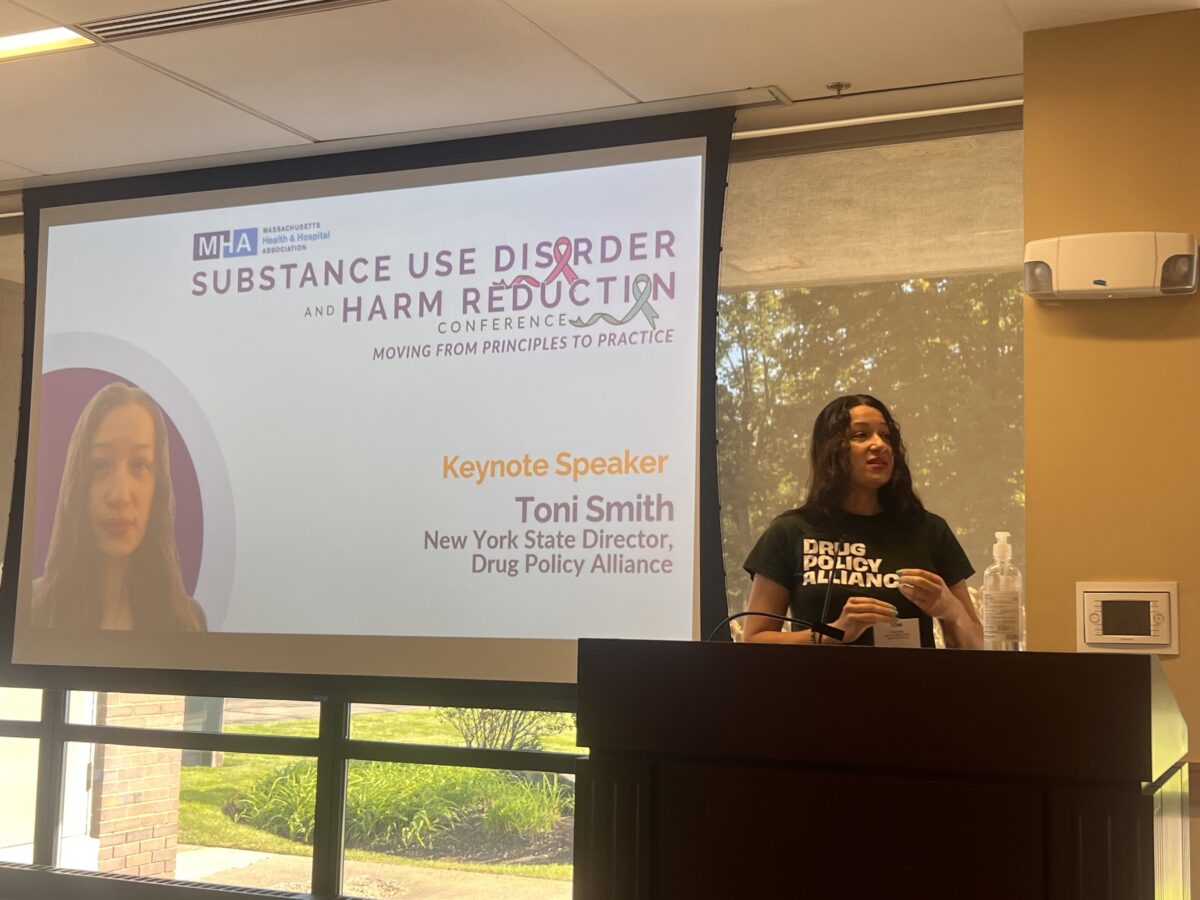
“As we see OPCs grow across the United States, it’s going to be important to ensure that people with lived experience are at the forefront of the design and operations of OPC’s,” said Toni Smith. “It’s also important to know that OPC’s are versatile and adaptable to the needs of specific communities and populations in urban settings and rural settings and providing other ancillary services depending on what specific populations need.”
OPCs are not currently sanctioned in Massachusetts but have been proposed in healthcare and substance use bills. MHA supports the idea of OPCs, which act as critical entryway for substance use, medical, and behavioral health services.
There are real people and real stories behind addiction.
MHA had the honor of welcoming the Into Light Project, a national non-profit with the mission “to change the conversation about drug addiction through the power of original art and story.” The Drug Addiction: Real People, Real Stories exhibition travels all over the country, displaying 41 original graphite portraits of people who have died from drug addiction/poisoning in the state where the exhibition is held. Accompanying each portrait is a professionally written narrative about the lives the person led, often written with the help of the deceased loved ones. “We’re all made-up of our light side and our dark side,” said the project’s founder, CEO, and artist, Theresa Clower. “No one should be defined by their darkest moments.”
We were able to host a gallery during our conference featuring 15 Massachusetts natives. The full gallery is currently on display at Wheaton College in Norton, Massachusetts, running through November 8. Visit Into Light’s website for more information.
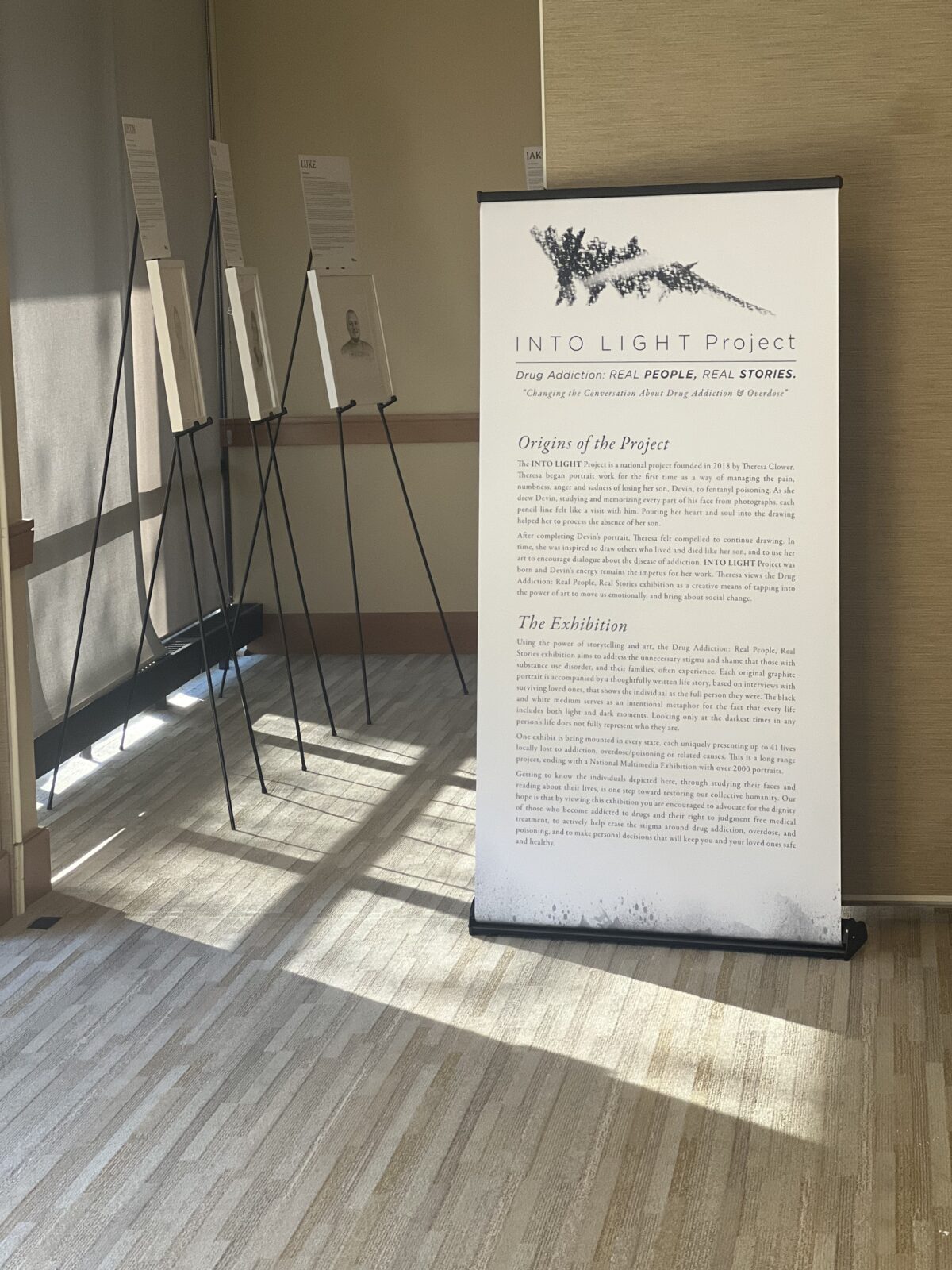
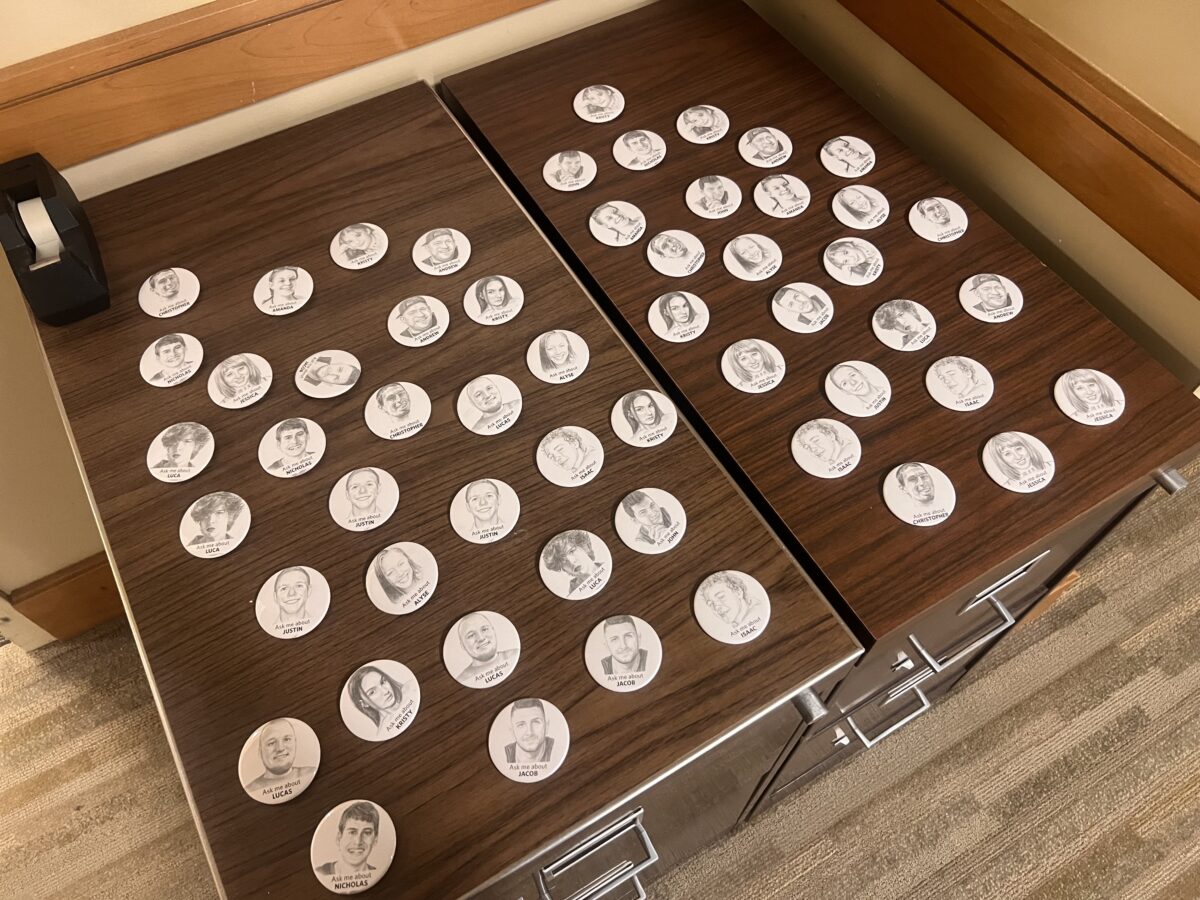

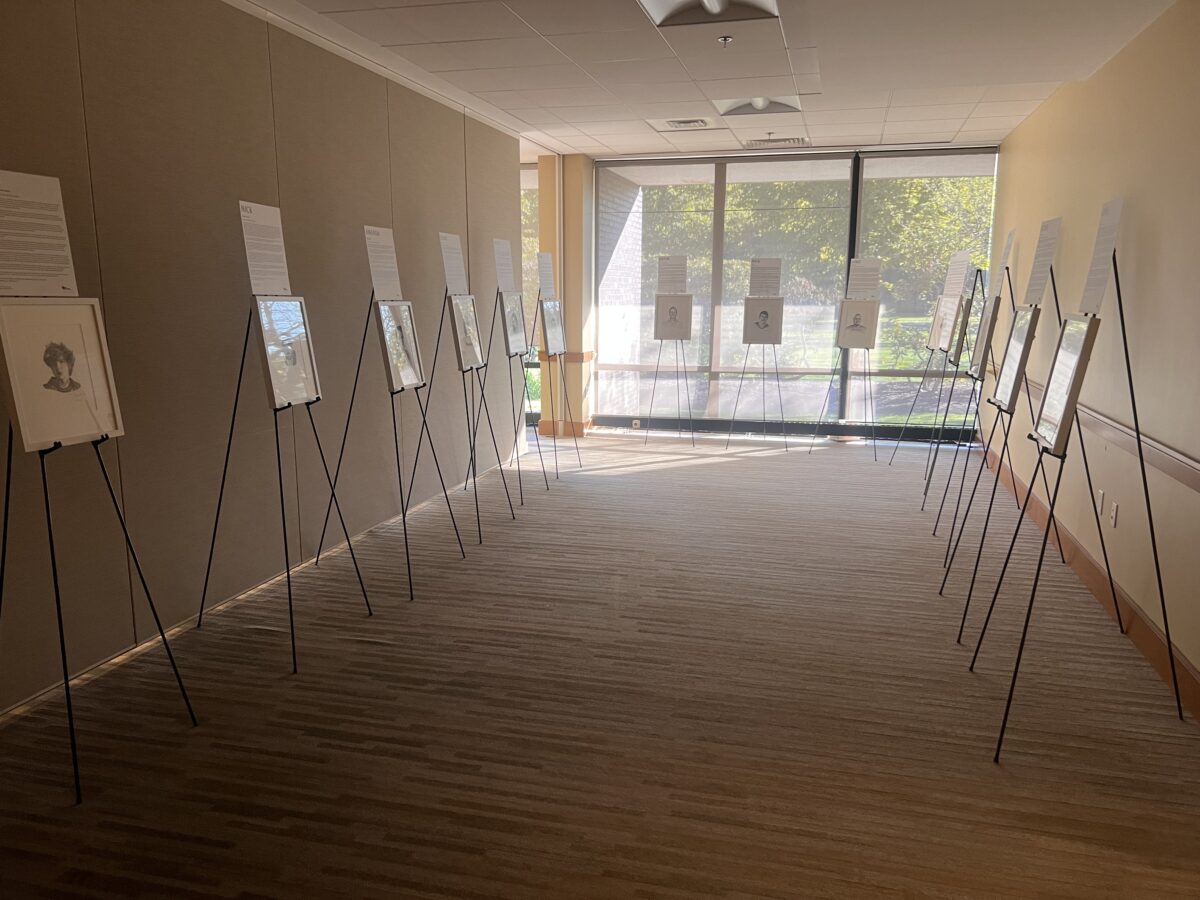

 Massachusetts Health & Hospital Association
Massachusetts Health & Hospital Association